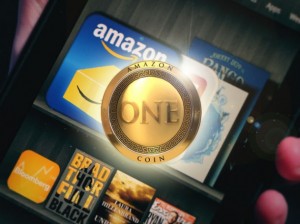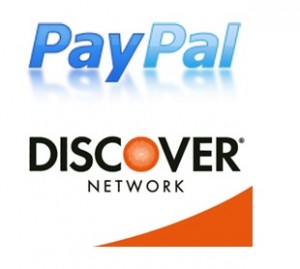Virtual Currency, from Amazon
Ajit Deshpande - May 21, 2013 - 0 Comments
 Last week, e-Commerce giant Amazon introduced Amazon Coins, its own virtual currency for Kindle Fire owners to buy apps and games. During the introductory phase, Amazon plans to discount these Coins by up to 10% depending on the amount of the purchase; the company expects to dole out tens of millions of dollars in such discounts to stimulate adoption. Amazon Coins are currently limited to the United States, and Coins cannot be redeemed, transferred or resold. With this announcement, Amazon joins players in online gaming / advertising, as well as Microsoft Points for Xbox Live (which will be soon be discontinued).
Last week, e-Commerce giant Amazon introduced Amazon Coins, its own virtual currency for Kindle Fire owners to buy apps and games. During the introductory phase, Amazon plans to discount these Coins by up to 10% depending on the amount of the purchase; the company expects to dole out tens of millions of dollars in such discounts to stimulate adoption. Amazon Coins are currently limited to the United States, and Coins cannot be redeemed, transferred or resold. With this announcement, Amazon joins players in online gaming / advertising, as well as Microsoft Points for Xbox Live (which will be soon be discontinued).
Amazon Coins, in their current proposed form, are the same as rechargeable prepaid cards. Users prepay for Coins and then use those coins to make purchases over time. The applicable use cases for Coins are very limited at this time, but it’s the future possibilities that make this an intriguing initiative. First, while the stated objective for Amazon is to spur app purchases, the real value to Amazon might be around negative working capital and the not so insignificant failure-to-redeem rate associated with such gift card-type setups. Second, if this virtual currency could grow across all of Amazon’s products, geographies, affiliates and currencies and truly facilitate global transactions, then it *could* actually become a viable parallel currency – although it will still be a regulated one. And finally, how about Amazon’s sophisticated analytics engine using a combination of purchase history and unspent balances to optimize promotions (which can be done via Coins as well), visitor traffic and sales lifts? That should spur other online marketplaces to jump in as well, and so analytics platforms such as Opus portfolio company Freemonee (which currently works with financial institutions as their platform for cash gift analytics) should see additional applications in e-Commerce going forward. So lots of interesting potential implications for the future – let’s hope Amazon paves the way for a more metrics driven and better customized e-Commerce marketplace.

